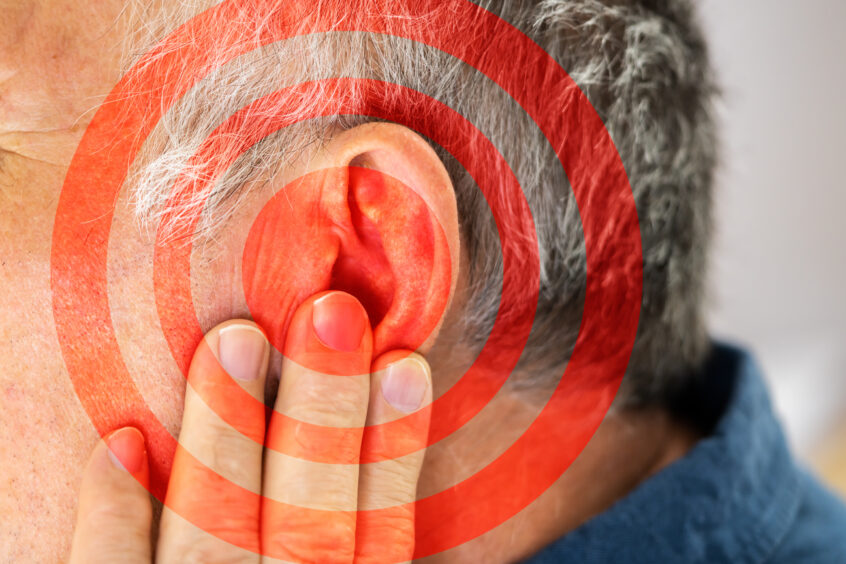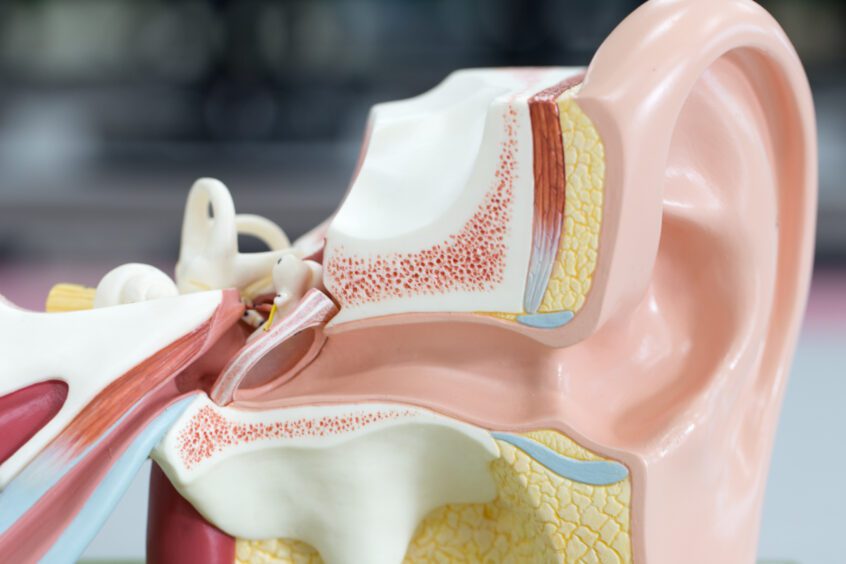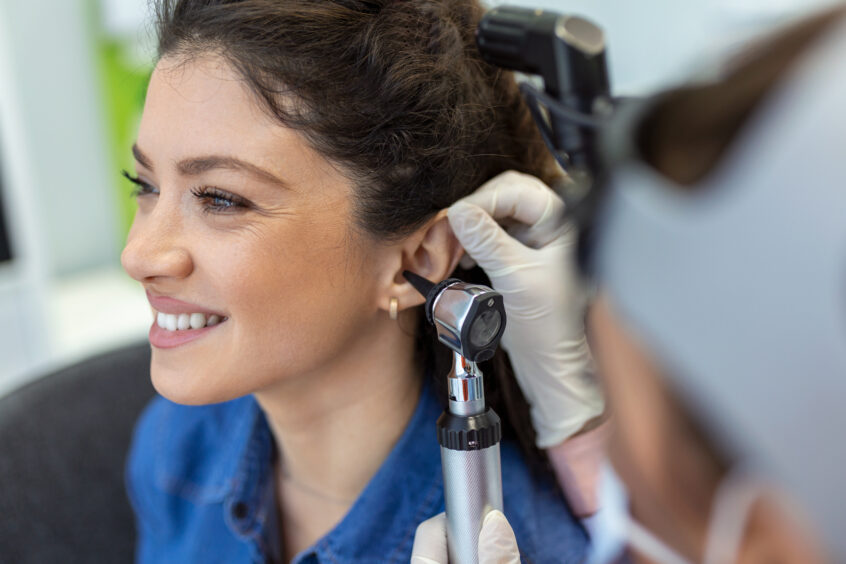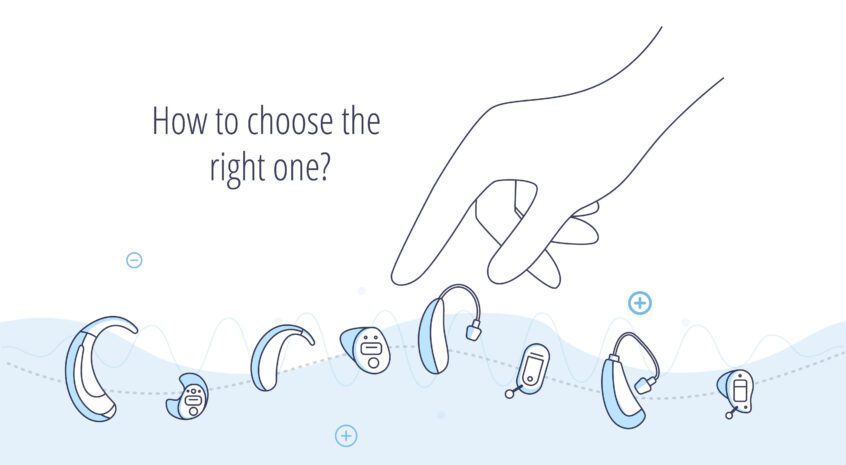Having “itchy ears” is a common problem. There are lots of reasons why our ears might itch. Sometimes it’s as simple as dry skin or wax in our ear canals, but it can also be the result of contact dermatitis or seborrheic dermatitis; an infection; irritation from hearing aids or earbuds; or allergies. In some cases, the itching occurs in … Read More
Why Is Everyone on TV Mumbling?
Why Is Movie Dialogue Hard to Understand? Picture this. You and your sweetie snuggle up on the couch with your popcorn and favorite beverages, ready to watch the latest release on Netflix. But a few minutes into the movie, you both have puzzled looks on your faces. You turn to your partner and ask, “What did he say?” Your partner … Read More
The Facts About Hearing Loss
May is Better Hearing Month, a time to increase awareness of how common hearing loss is, who can treat it, and why treatment is so important. The following facts from the American Academy of Audiology show how common hearing loss, dizziness and related issues are. Approximately 38 million Americans report having some degree of hearing loss. The rate for hearing … Read More
What’s Up with Earwax?
Earwax. It’s something everyone has, but what purpose does it serve and what’s the best way to get rid of it? We’ll answer those questions in this blog about one of the most common problems we see. Earwax is also known as cerumen in the medical community and it has an important job—to protect the outer ear and ear canal, … Read More
Can Diet Impact Dizziness?
According to the Vestibular Disorders Association (VEDA), many people with Ménière’s disease (also called primary idiopathic endolymphatic hydrops), secondary endolymphatic hydrops, or migraine-associated dizziness, find that certain changes in their diet can reduce dizziness and help manage other symptoms of dizziness. Why is this? Fluid Balance in The Inner Ear The inner ear is a fluid-filled hearing and balance system … Read More
Hearing Loss May be First Sign of Otosclerosis
When most people schedule an appointment for a diagnostic hearing evaluation, they may expect to learn they have hearing loss. What they might not expect to learn is that their hearing loss is caused by a relatively rare condition known as otosclerosis. According to the National Institute on Deafness and Communication Disorders, otosclerosis is a term derived from oto, meaning … Read More
Do Your Hearing Aids Whistle?
Why Do My Hearing Aids Whistle or Squeal? For those who wear hearing aids, probably one of the most annoying problems is when they whistle or “squeal.” After all, that high-pitched sound isn’t just heard by you, but can be heard by others who are near. So, what causes your hearing aids to whistle or “squeal,” and what can you … Read More
Paying for Hearing Aids
With over-the-counter (OTC) hearing aids now available to consumers, plus prescription hearing aids, there are more options than ever before for hearing devices. Originally, cost was one of the driving factors in the FDA’s decision to approve OTC hearing aid sales. And while there are some very affordable OTC options, OTC hearing aids aren’t appropriate for everyone. Some individuals need … Read More
New Research Shows Damage to Inner Ear Contributes to Falling
Vestibular Issues and Fall Risk in Alzheimer’s In a study of about 50 people with Alzheimer’s disease, Johns Hopkins researchers found evidence that damage to the inner ear system that controls balance is a major factor in patients’ well-documented higher risk of falling. The study found overall that vestibular system impairment was linked to a 50% increase in the risk … Read More
What’s the Most Affordable Hearing Aid?
With over-the-counter (OTC) hearing aids now approved by the Food and Drug Administration, hearing aid options have increased significantly and run the gamut from entry-level OTCs to more advanced prescription hearing aids, but how do you know what the most affordable option is for you? Whether you’re looking for OTC or prescription hearing aids, consider your budget, hearing needs, and … Read More












